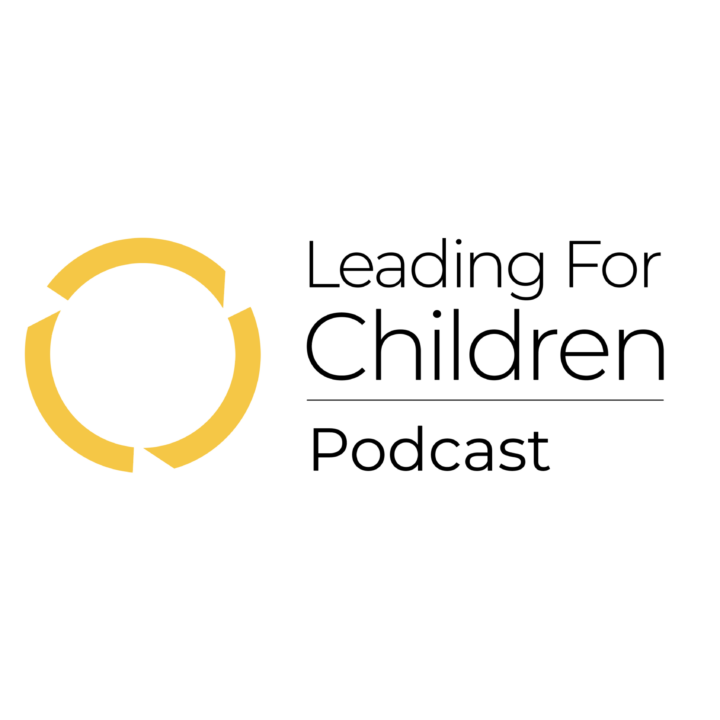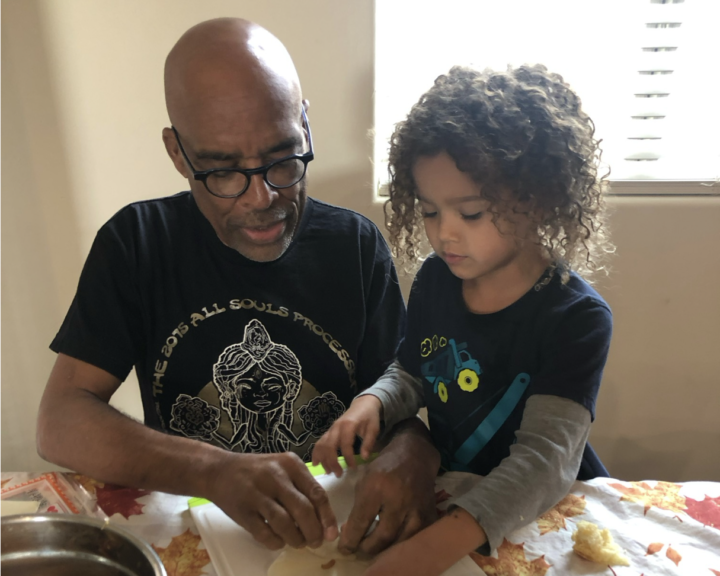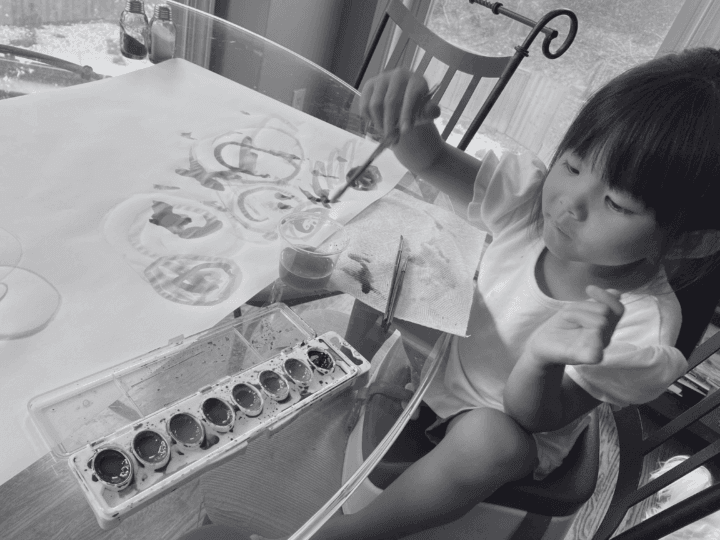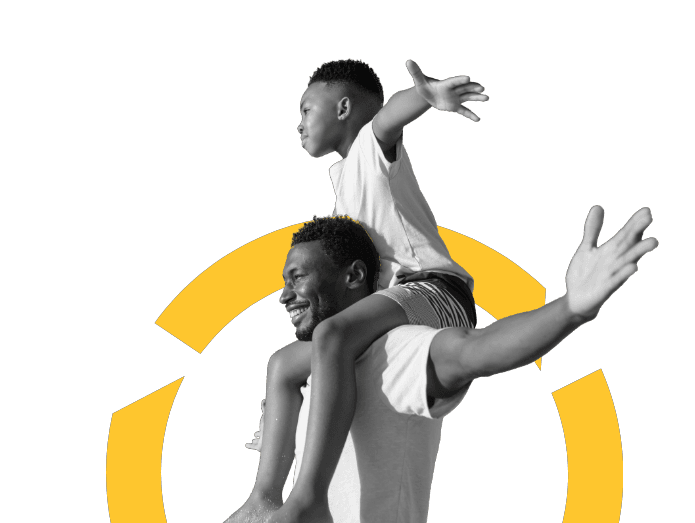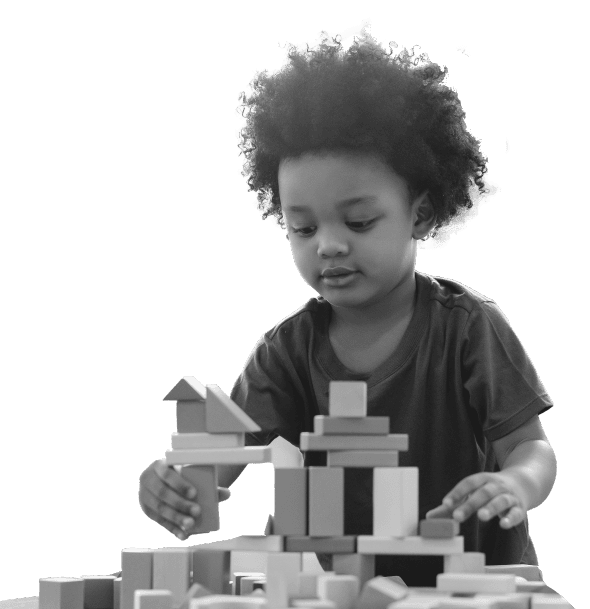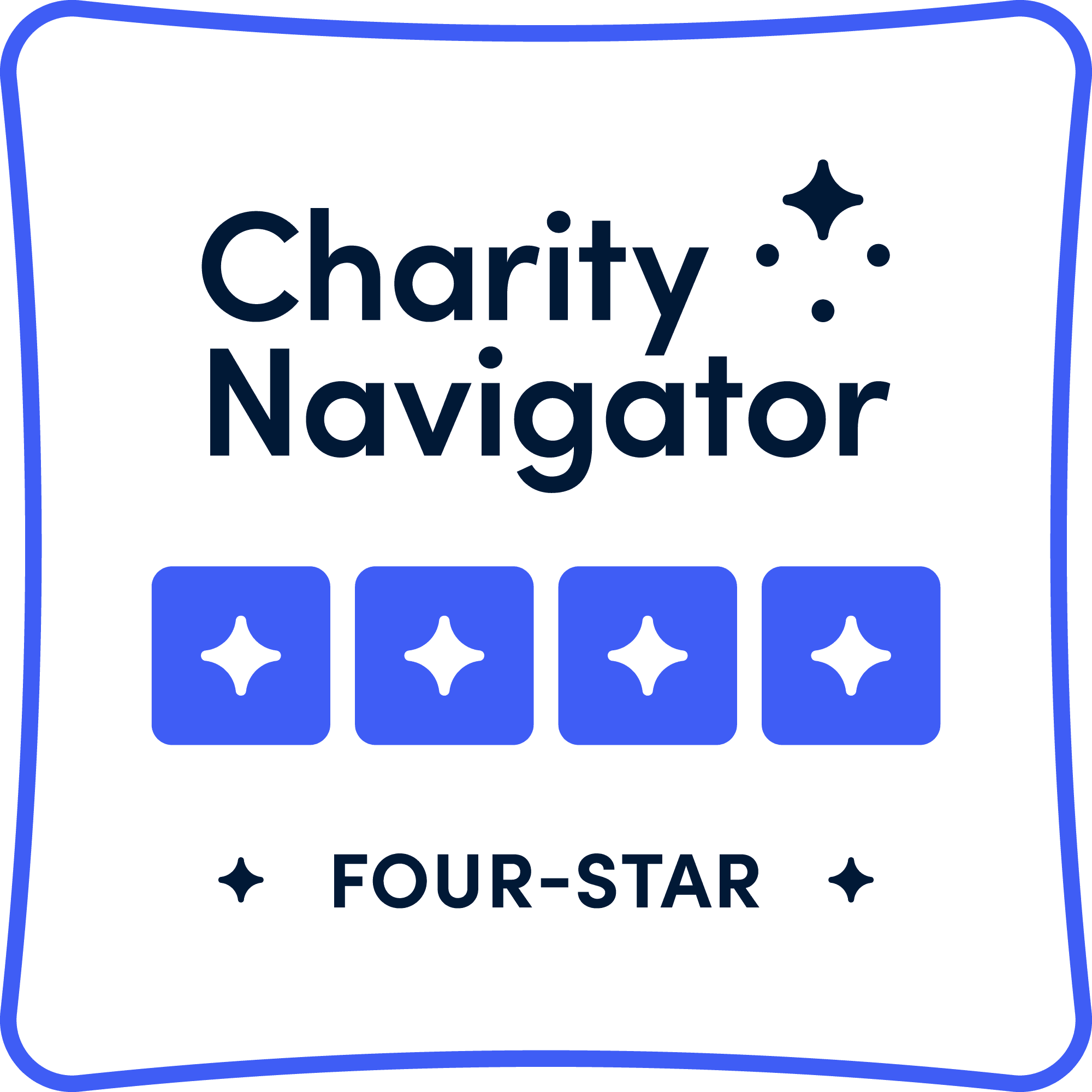This blog was written by Julia Connolly, a member of LFC’s team.
Reflect on learning experiences you’ve had throughout your life and consider: when was a time that you saw yourself as an active agent of change? What about that event made you feel especially connected to and empowered by your new knowledge or skill?
We refer to these kinds of learning experiences as actionable. When learning is actionable, it is useful, practical, and offers us the sense that it’s ours to apply as many times and in as many ways as we’d like. “Devise actionable learning experiences,” is the eleventh rule in our book, 11 Simple Rules to Create Thriving Communities for Children.
‘Actionable’ is the rule that raises the most eyebrows. As a concept, it doesn’t get referenced often and thus, becomes lost to confused interpretations or simply lost. We know that it is an essential piece of the story we are telling. For learning to be effective, we believe that the learner must see themselves as integral to the learning. With a vision for how new knowledge and skills can be applied, the learner is empowered. Thriving communities are comprised of individuals who see themselves as capable agents of change. Cultivating this for the next generation starts with us, the adults, feeling empowered and modeling it!
In this month’s episode of The Leading for Children Podcast, we were joined by Tsundzukani Whatsi, Wildlife Tracker at Londolozi Game Reserve in South Africa, for a dynamic conversation about actionable learning. This blog delves into the key themes from our discussion, exploring how actionable learning inspires, empowers, and guides us through life’s challenges. Explore alongside us!
Why is it Important to Model Actionable Learning?
“You can’t be what you can’t see.” This quote, spoken by children’s rights activist Marian Wright Edelman, highlights how essential representation is to the success of future generations. Firsts require courage and resilience, and those are indeed qualities that our guest Tsundzukani exercised as she decided to venture down a career path that was atypical in her village and unheard of for women.
Tsundzukani chose to follow her fierce passion for nature and become the first female wildlife tracker in South Africa. From the start, she knew it wouldn’t be easy. Without an example to look to, she had to find the bravery, stamina, and unwavering curiosity within herself to persevere and become successful.
Summoning the courage to take on a challenge can be difficult, and is often made harder when the intended outcome serves ourselves, solely. Pursuing challenges on behalf of others, however, can offer a stronger motivation. If someone we care about is at stake or could have their life improved by our initiative, our sense of purpose and justice can support us in drawing on collective strength and kick us into gear. Tsundzukani shared how this mindset served as a guiding light for her as she peered down a road she knew would be onerous:
“When I had to choose a career, I chose to be a female tracker because there are no female trackers in the whole of South Africa. I wanted to encourage a lot of girls out there that we can do it as well. Learning something from a very young age that, at the end of the day, is going to benefit other kids – it’s a big deal for me.”
Judy and Nichole shared that they were inspired by a similar mission as they chose to become teachers. Judy said:
“By being a teacher, I knew I would be touching the lives of others and that I could support them in feeling powerful, strong and competent.”
Nichole added:
“I wanted to make a difference for children, especially those who possibly had felt invisible, who were not seeing their own power.”
By being strong, healthy models for children, we are not only able to show them what’s possible, but we are better prepared to support them in developing their own senses of strength and health.
Actionable Learning Develops Our Self-Efficacy and Sense of Agency
It may seem obvious, but it’s easy to forget that “learning” means we don’t know yet and are in the process of getting there. That process can be clunky! Sadly, we often receive the message that we should already know and be good at everything. Aside from how wrong that is, it’s damaging as we grapple with expanding who we are and building confidence.
The excellent news is that we’re capable of learning so much! And what’s exciting is that children are even more equipped to learn than we are. Consider how much context about the world we have accumulated throughout our lives— it grounds us as we learn more. Children are just beginning to absorb that context as they simultaneously learn new information and skills. Curiosity and enthusiasm drive them, and it’s our job as the adults in their lives to meet them there. It’s up to us to support them in finding opportunities within learning and cultivate spaces that nurture and provide safety.
Nichole described a nerve-wracking-turned-inspiring moment from her daughter Gracie’s toddlerhood, where Gracie pushed boundaries and challenged Nichole to keep up! Nearby in a virtual meeting, Nichole spotted Gracie confidently climbing up the back of the couch. Nichole picked her up and returned her to the ground, only to face the frustrated wrath of a determined one-year-old. She climbed back up immediately.
“I looked at her at the top and she went ‘High!’ and I said, ‘Yes, you did climb really high. You’re able to climb high and stay safe.’ I let her maneuver back down and she was so proud of herself.”
In that moment, Nichole realized that the experience was not about Gracie’s gross motor movements – it was about her internal will, her ability to set goals and follow them through, and her trust in herself. It was about Gracie developing self-efficacy and a sense of agency. As her Mom, Nichole knew that the best way to support her was to create safe spaces for her to learn who she is, what she’s capable of, and her boundaries.
As a pioneering woman in the field of wildlife tracking, Tsundzukani knew from the start that she would face challenges. Without a model of her own to look to, she had to find strength in herself at every step of the way. Tsundzukani shared a story from her time in the tracker academy where she was forced to look fear in the eyes, quite literally.
“The tracks became more fresh and I didn’t know. I bent down to tie my shoes. The lions were very close and I didn’t know that they were very close. I just heard a loud voice growling very close to me. When I looked back at my friends, they were all gone and the facilitator told me to stand still. Running is not an option because if you run, animals see you as a weak predator. I waited there. When I moved back, the animals kept coming. When I stood my ground, they stayed back. Fortunate enough, we made our way out from that situation.”
While this experience challenged Tsundzukani’s sense of safety, it was an opportunity to apply the knowledge she acquired in her course, and when it led to success, she deepened her trust in herself.
Not all risks taken in pursuit of actionable learning require physical threat. Nichole illustrated this point as she described a meeting she attended where she felt the decision-makers were not using respectful language to refer to those who would be impacted. Recognizing that this perspective may clash with that of those who wielded more power, she knew that speaking up would be a risk. Balancing that with her unwavering value for equity, she offered her perspective. Her courage paid off, as the decisions being made shifted, and she felt satisfied about acting in her integrity to ensure equity for those who were not present.
Passion and Purpose in Actionable Learning
Surely, we have each experienced that successful outcomes are more gratifying when the journey has challenges – but when obstacles come our way, what drives us to persevere? For Tsundzukani, her passion for nature granted the courage, willpower, and sense of purpose that supported her as she faced lions in the bush and trailblazed into a field where she stood alone as a female. She shared:
“I had this conversation with myself about if I really wanted to continue the course. ‘Will I be able to do it?’ I ended up with a solution: you don’t just want to do this, but you love to do this. I ended up telling myself that if you love something, you go for it. If you want something, even if you can lose it, it doesn’t matter.”
How Can We Create Actionable Learning Experiences for Ourselves and Children?
Actionable learning experiences can unfold naturally, but opportunity for action is often hidden! Here are some strategies that can support you in finding and unlocking the action in every learning experience:
- Reflect on learning experiences you’ve had that felt especially enriching. What were those experiences like? What made you feel connected to the learning in a deeper way?
- Look for opportunities of all shapes and sizes. Actionable learning doesn’t have to be strenuous or epic – it can be as simple as having a thoughtful dialogue that engages your mind in creating new insights and connections.
- When you are in the position of offering learning to another, consider how they absorb information. Who are they? What interests and excites them? How can you support them in connecting the knowledge or skill to their life?
- Offer your enthusiasm as others learn actionably! This energy is contagious and inspires deeper, more holistic and collaborative learning.
Children are watching us. If we engage in actionable learning, they will engage in actionable learning. If we model power and pride and strength and safe risk taking, they will do it too. If we’re curious, excited learners, they will be too. At Leading for Children, our approach to building strong communities for us and our children starts with each one of us. Humanity starts with each one of us.

